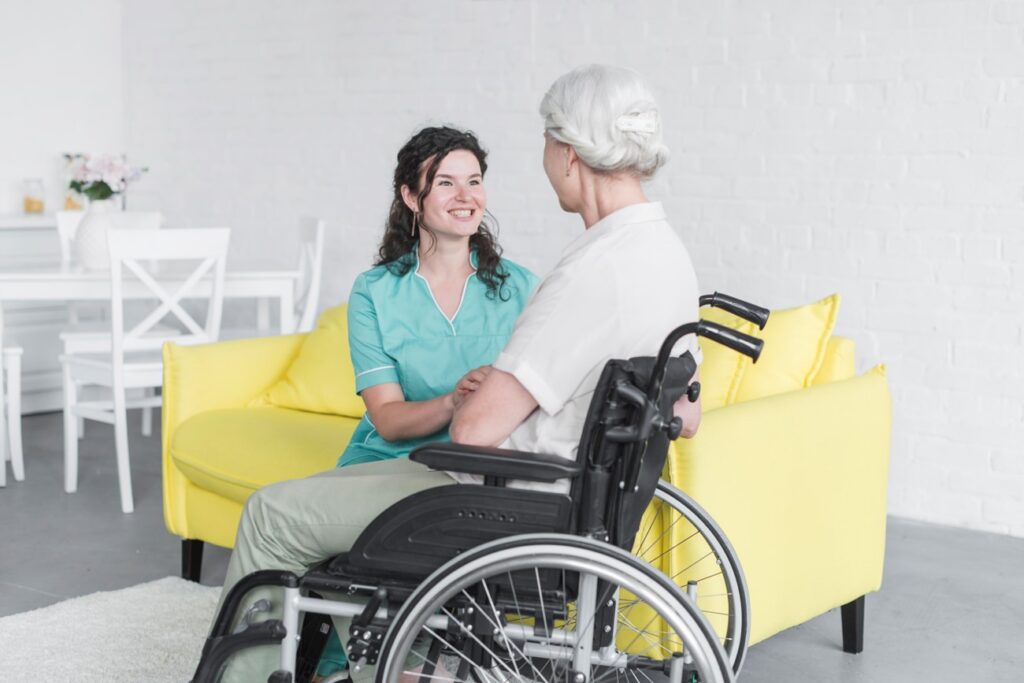Stroke can be a life-altering event, affecting not just the individual but also their family. As you or your loved one navigates the recovery journey, understanding the importance of nursing care can significantly enhance comfort and promote healing. Here’s how nursing care can support stroke recovery at home.
What is Stroke?
Stroke usually occurs when the blood flow to the brain is interrupted, leading to potential brain damage.
Two main types of stroke include:
- Ischemic stroke (caused by a blood clot)
- Hemorrhagic stroke (caused by bleeding)
The impact of a stroke varies from person to person and can affect mobility, speech, and daily activities
The Role of Nursing Care
Nursing care plays a crucial role in the post stroke recovery. Nurses trained in stroke recovery can provide specialized support tailored to the patient’s unique needs. This care not only focuses on medical aspects but also addresses emotional and psychological well-being.
Personalized Care Plans
Every stroke survivor has different needs, and a personalized care plan is crucial. Skilled nurses assess the patient’s condition, including mobility, communication abilities, and any special requirements for daily living. This tailored approach ensures that the care provided aligns with the patient’s recovery goals.
Assistance with Daily Activities
Stroke can make routine tasks challenging. Nurses can assist with personal care, such as bathing, dressing, and grooming, while promoting independence as much as possible. This support not only helps with physical needs but also boosts the patient’s confidence and dignity.
Medication Management
After a stroke, patients often require medications to manage their condition and prevent future strokes. Nurses play a vital role in medication management by ensuring medications are taken on schedule, monitoring side effects, and communicating with doctors about any concerns.
Therapeutic Exercises
Physiotherapy is very crucial for stroke recovery. Nurses can guide patients through therapeutic exercises designed to improve mobility, strength, and coordination. By encouraging regular physical activity, they help patients regain mobility, independence, and improve their quality of life.
Emotional Support
Nurses provide compassionate support, helping patients cope with feelings of frustration, sadness, or anxiety. They also educate family members on how to best support their loved ones, fostering a nurturing environment for recovery.
Skilled nursing care can make a substantial difference in the quality of life of patients recovering from stroke and their families.
Contact OrgLife Today, to book personalized nursing services at home.
